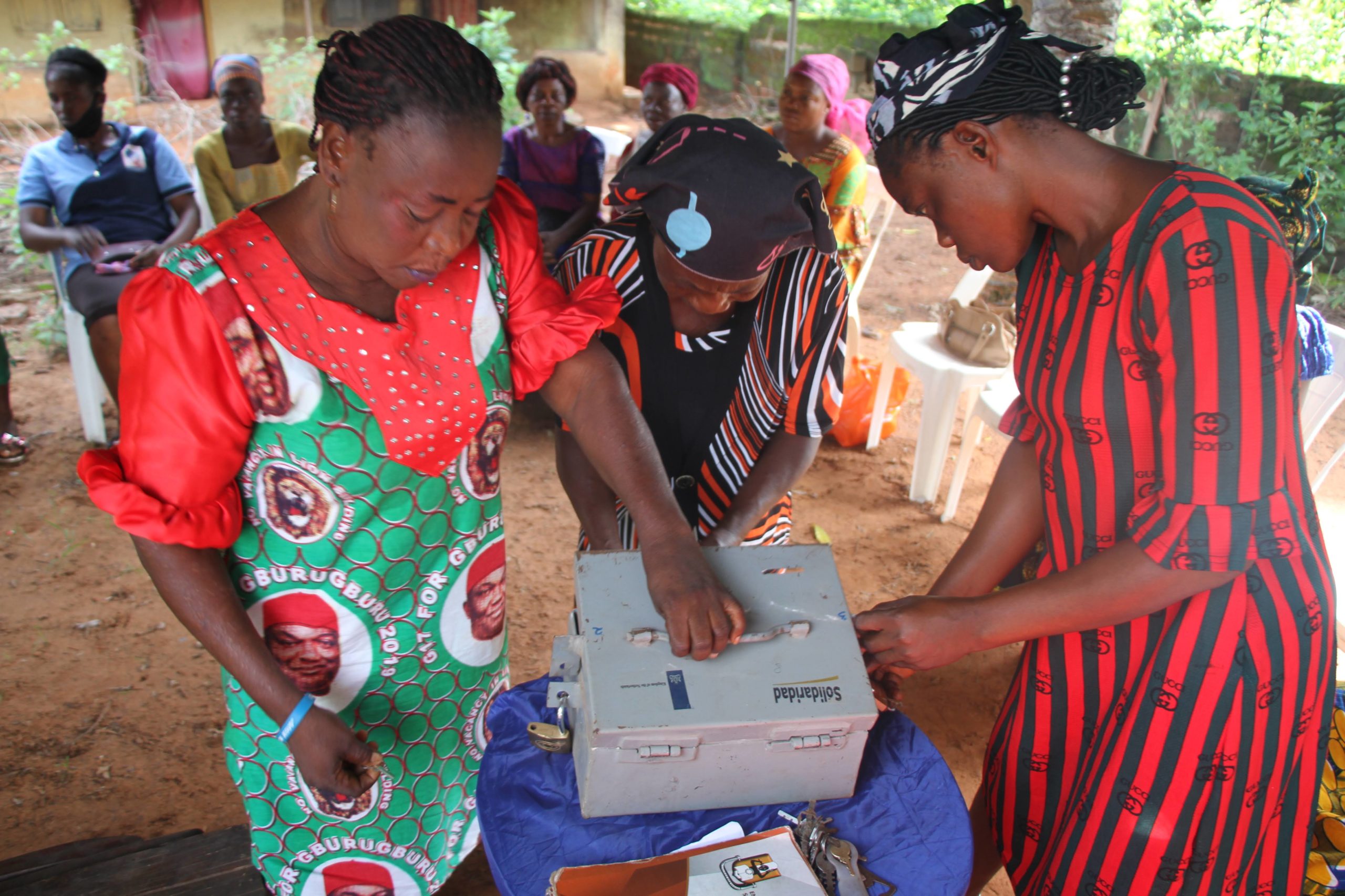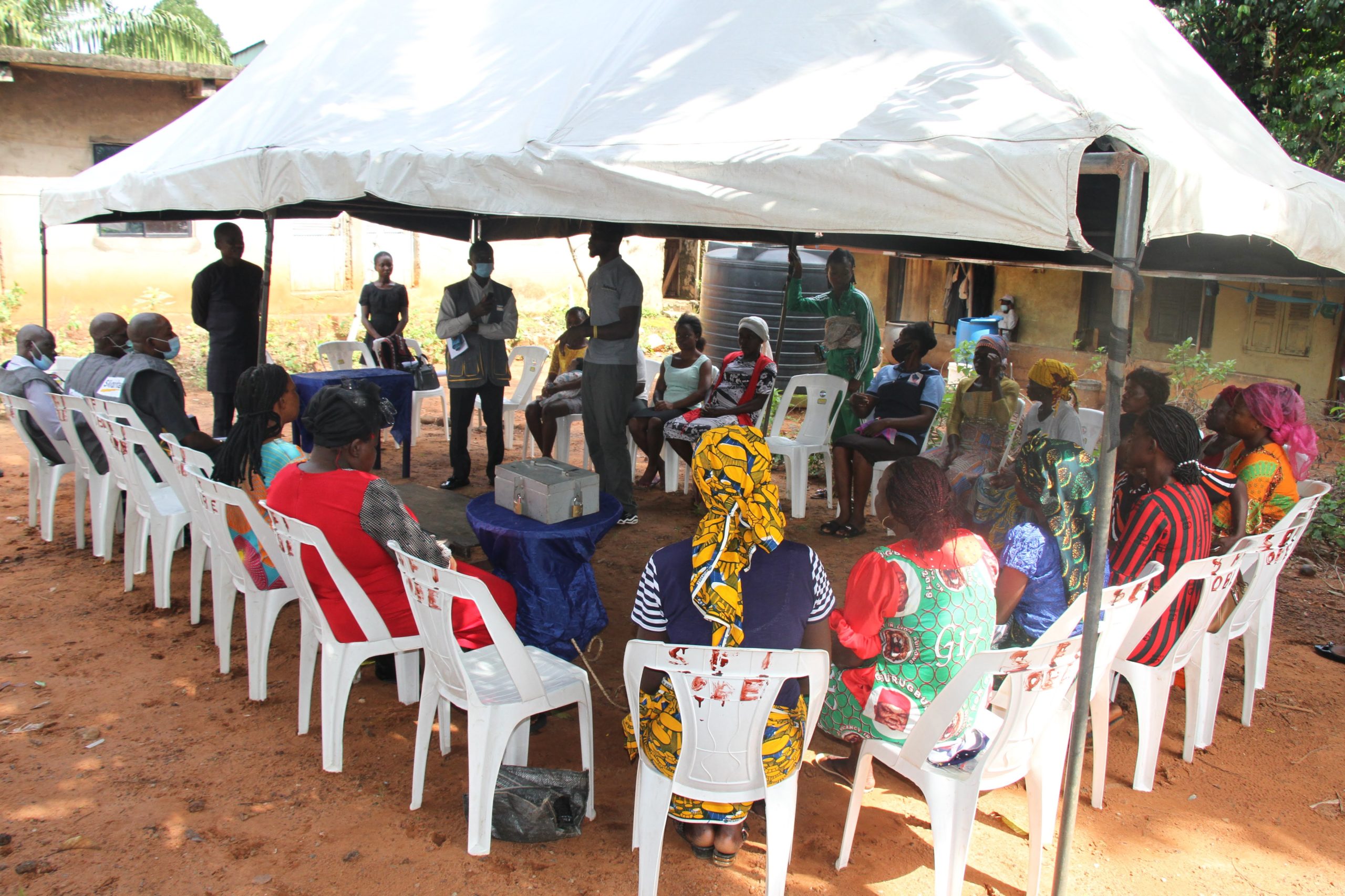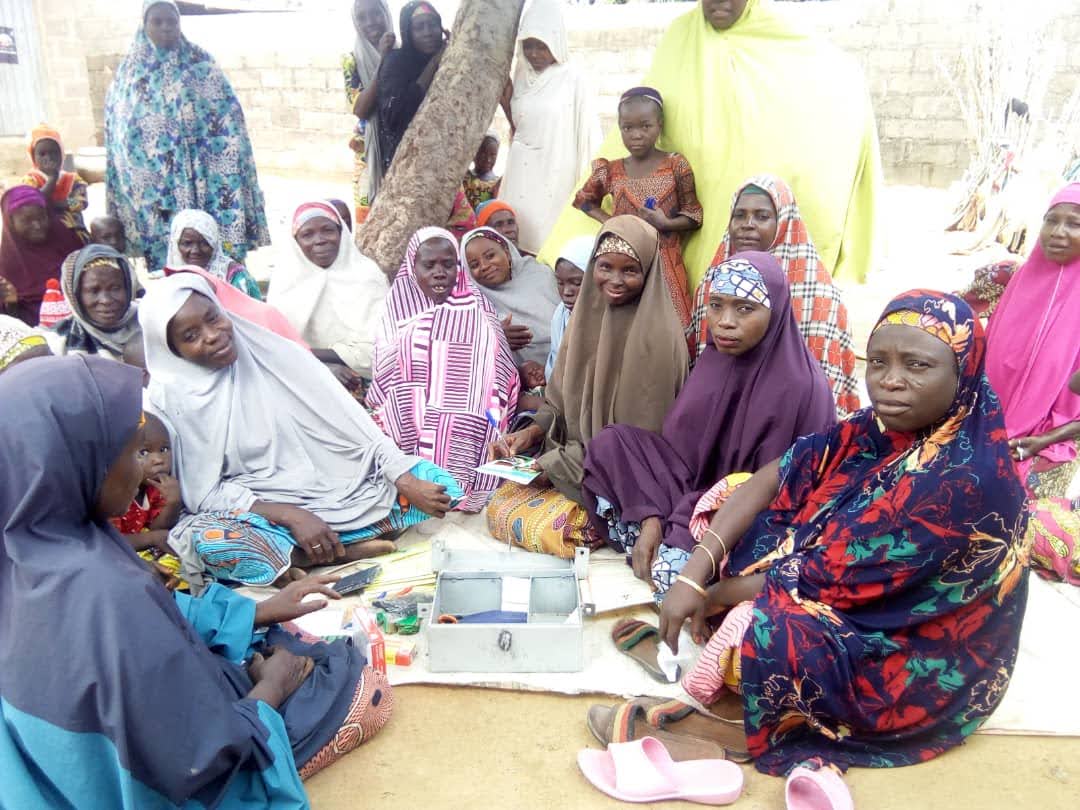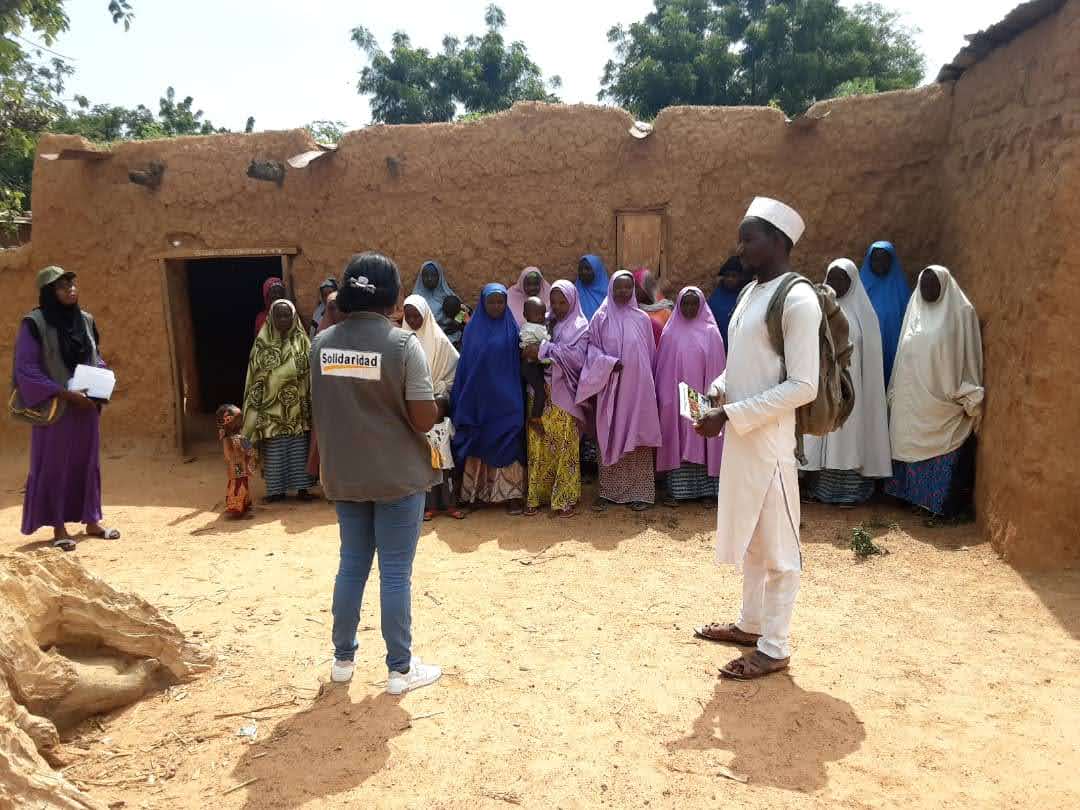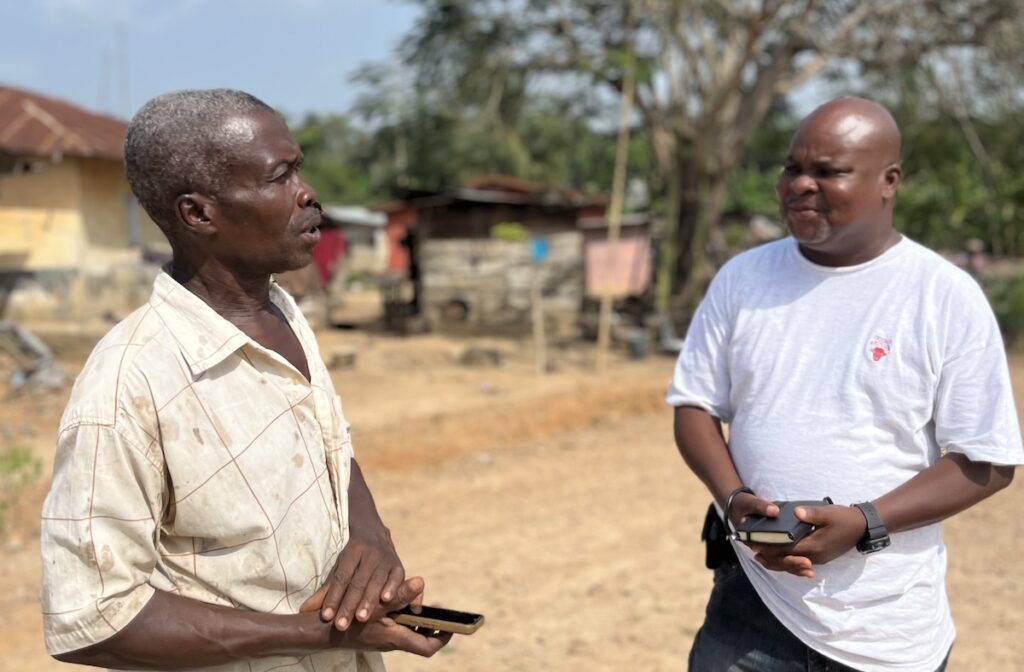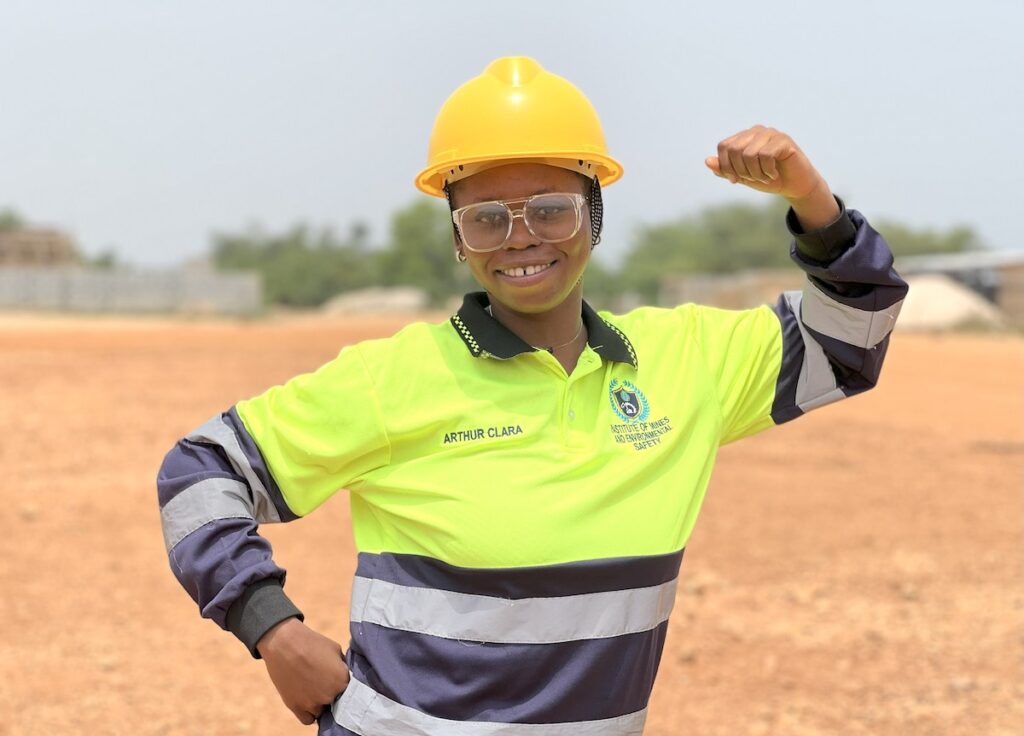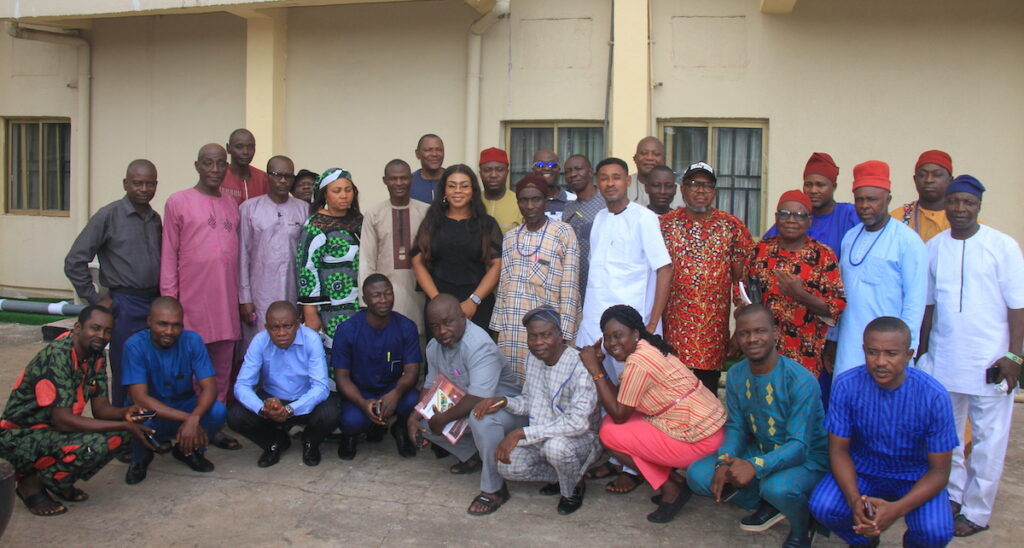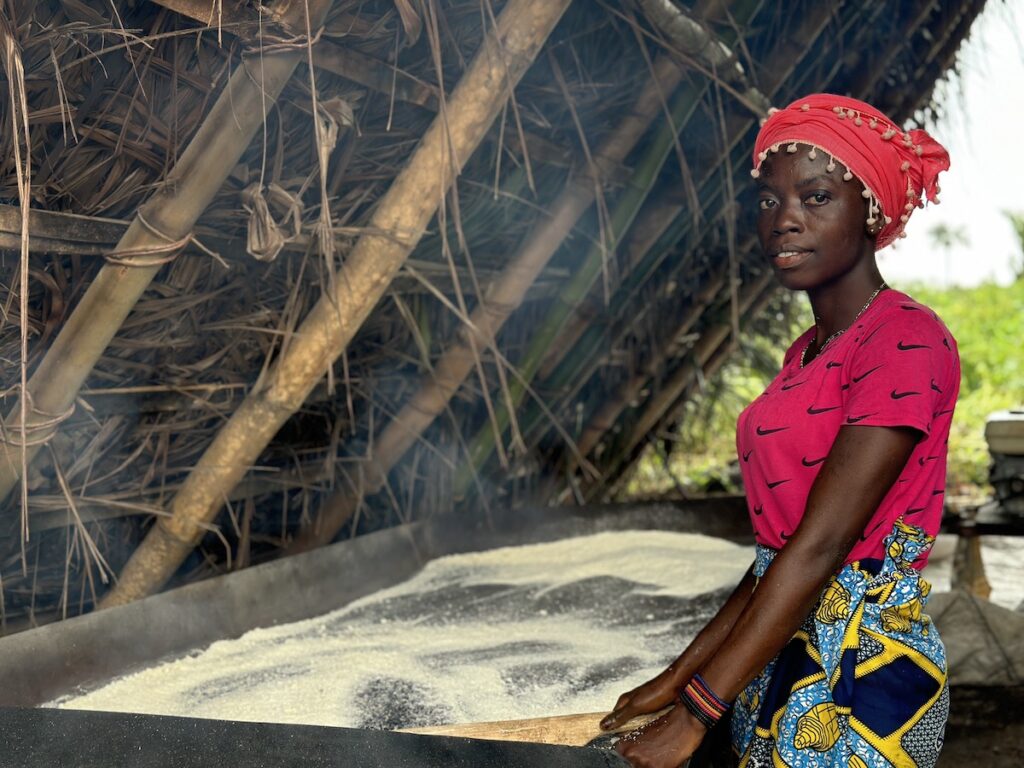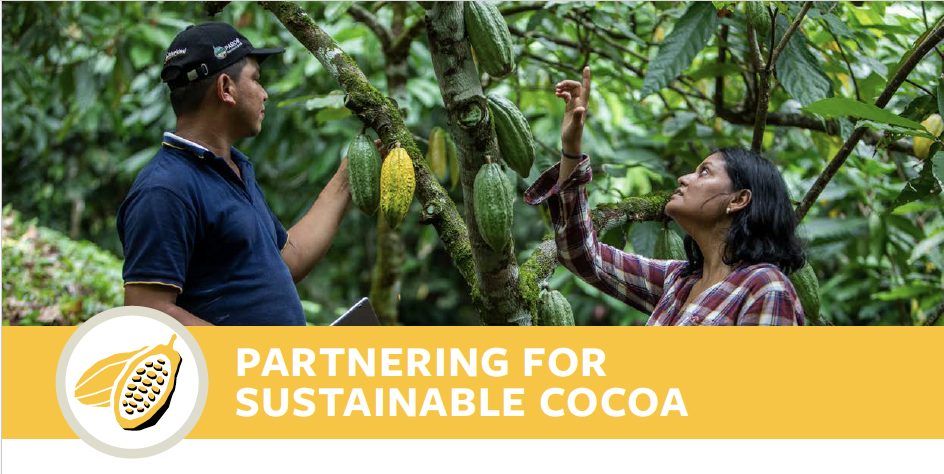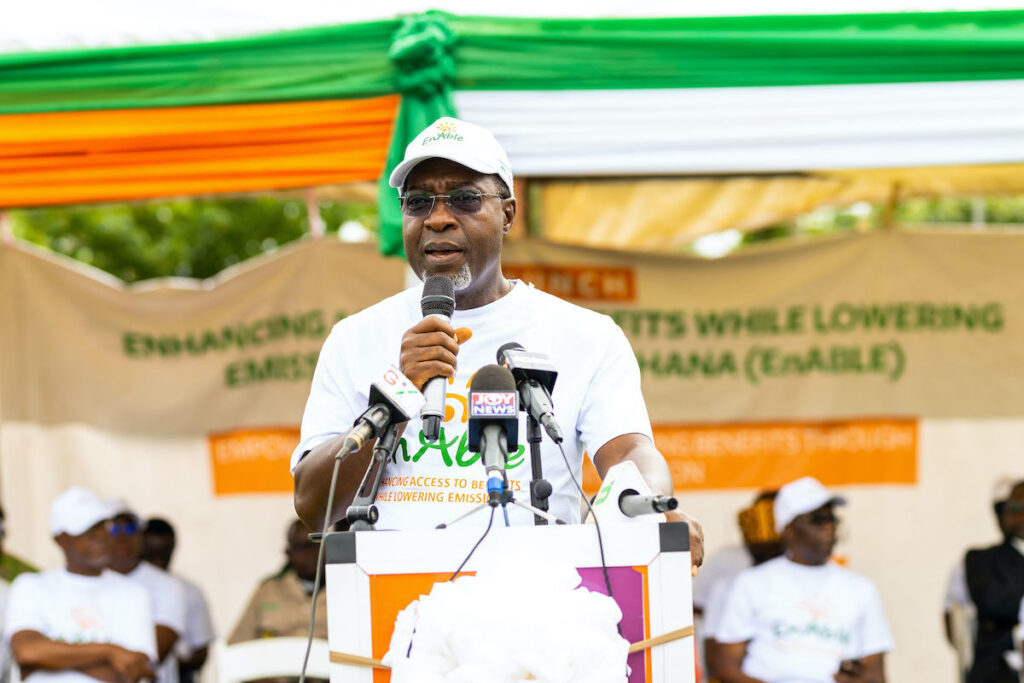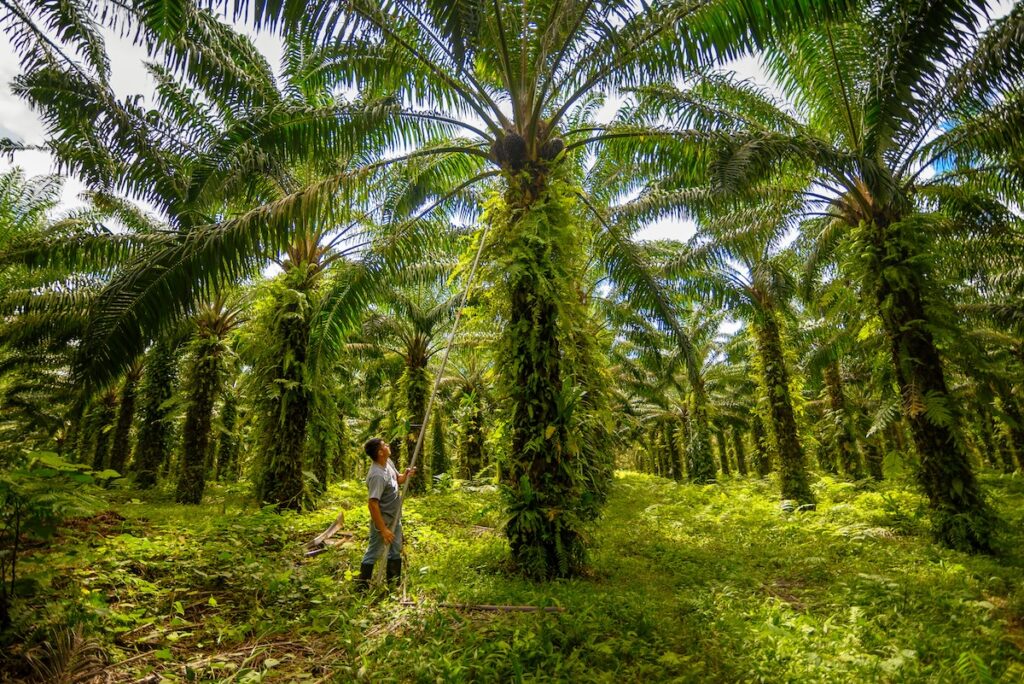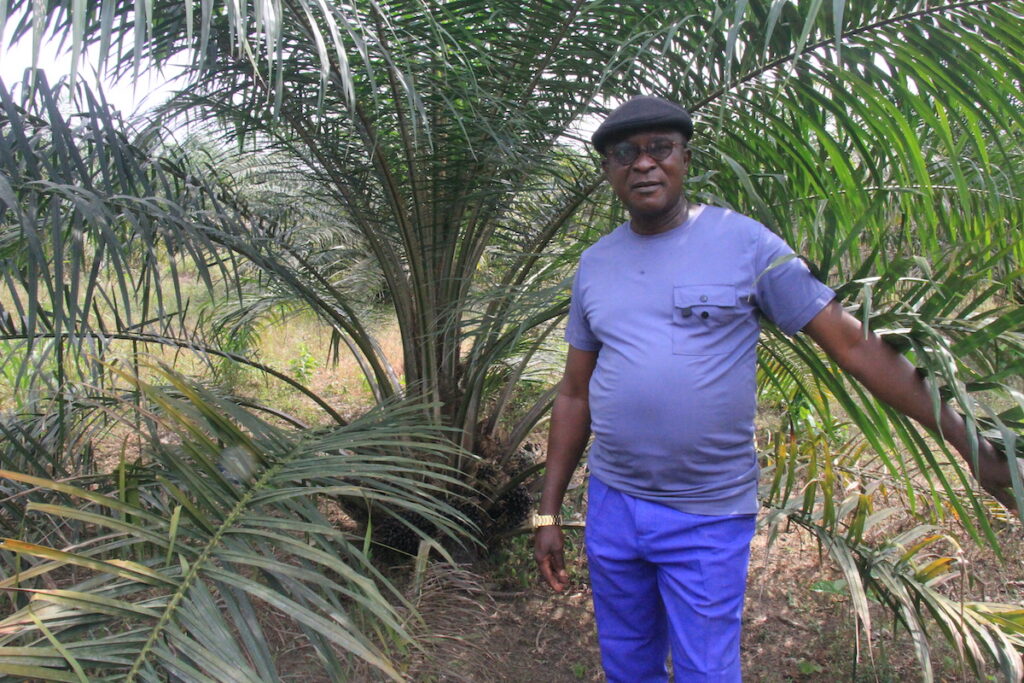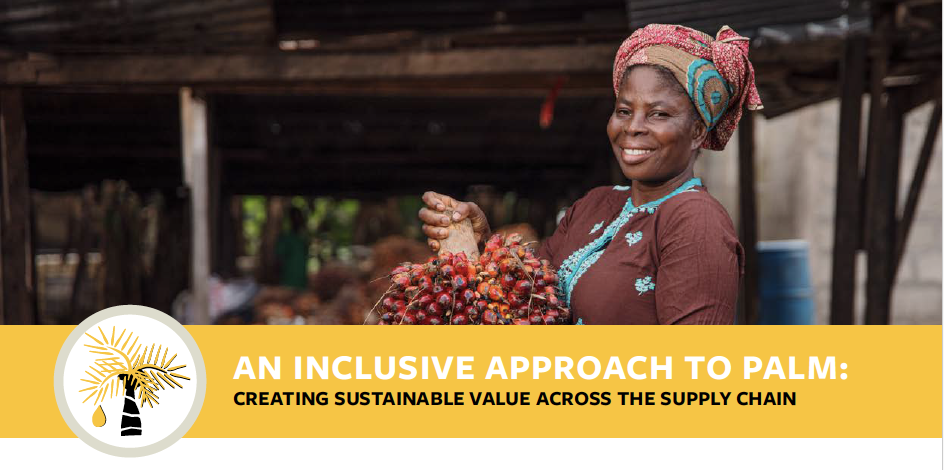Amina Ibrahim, a fruits and vegetable farmer in Tindun Ladi, a community in the Kano state of Nigeria, says her desire to access credit to expand her farming business was hampered by her inability to secure collateral demanded by financial institutions.
For a similar reason, coupled with a high-interest rate, the businesses of other women in rural communities have stalled or operated sub-optimally. This has resulted in high dependency on their male counterparts.
VSLA, the game changer
In October 2020, Solidaridad initiated the Village Savings and Loan Association (VSLA) scheme in Nigeria to help smallholder farmers benefiting from its programme to access affordable credit.
Solidaridad, which had earlier organised the farmers into groups in different communities, trained them on the modalities of the scheme, financial management, and provided the needed materials like record books and VSLA boxes for efficient functioning. The organization also trained community facilitators who monitored the progress and well-being of the associations in all the communities.
More women now have access to loans
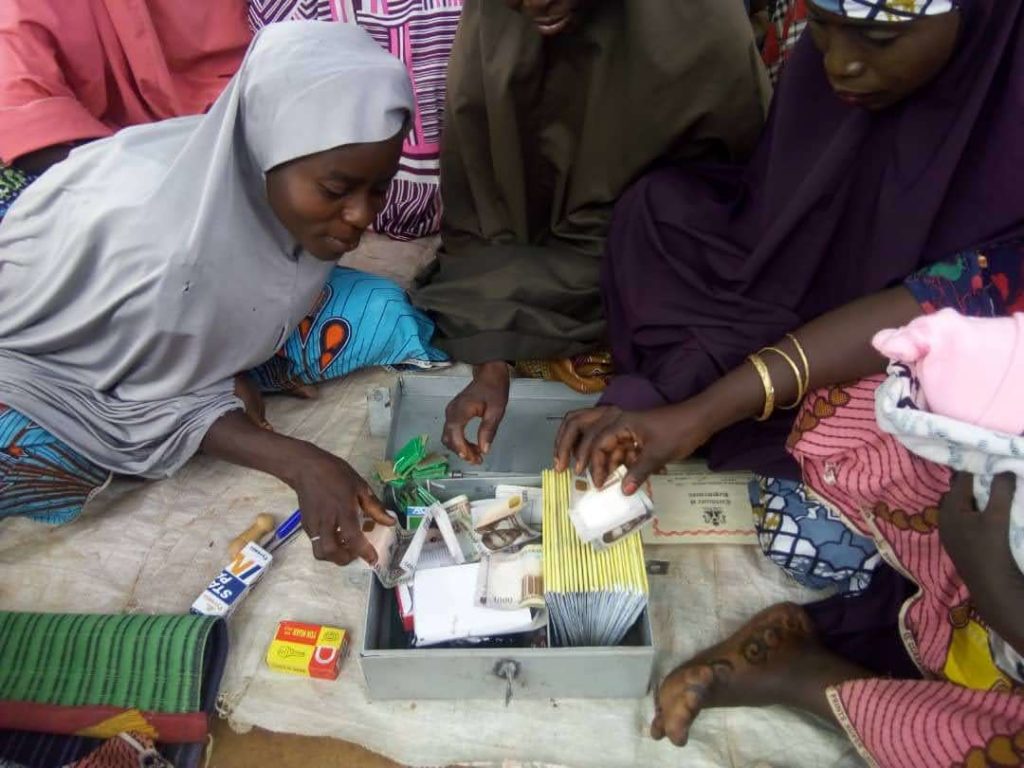
In Kano state, more than 40 women-only groups have been set up with a total of 1,000 members. Most of the women who have been able to access loans from the group have invested in agricultural activities and other agribusinesses to support their families.
“After saving for months I was able to access a loan of 15,000 Naira (36.5 dollars,) from the group, which I invested in my peanut cake business. This has enabled me to expand my business to other communities. I now make an average of 1,200 Naira (3 dollars) daily from my sales, compared to the 500 Naira (1.2 dollars) I used to earn,” says Amina.
With the improved income, Amina says she now supports her husband with household expenditure.
Supporting community development through VSLAs
In a state with a high rate of out-of-school children, members of one of the groups in the community have been able to foot the fees of more than 45 primary school pupils.
“It is frustrating when other children attend school and yours cannot because the means are not there. But with the help of the social funds from the scheme, the children are back at school. We are happy that with the VSLA, we can now support the education of our children as mothers,” says Zainab Ahmed, a group leader in the Daganawa community.
In other communities, the groups are building the capacity of their members in alternative income-generating activities such as bread and cake making. This is to support their families with alternative income sources.
Kene Onukwube, programme manager for oil palm at Solidaridad in Nigeria, says the Village Savings and Loan Association initiative is part of Solidaridad’s effort to reclaim sustainability and create an economy that works for the poor.
We are building resilient communities that are all-inclusive with shared prosperity in which people also have a say in their future. We will continue to give hope, transform lives and livelihoods of smallholder farmers, women, girls and other beneficiaries of our interventions.
Kene Onukwube, Solidaridad Programme Manager for Palm Oil in Nigeria
The Village Saving and Loan Association scheme is serving as a community-based social safety net intervention in 316 communities in Akwa Ibom, Cross River, Enugu, Kaduna, Kano and Kogi, the six states presently benefitting from Solidaridad’s programmes in Nigeria.
The scheme is increasing household financial assets and decreasing vulnerabilities with access to finance for investment and in meeting other family needs.

